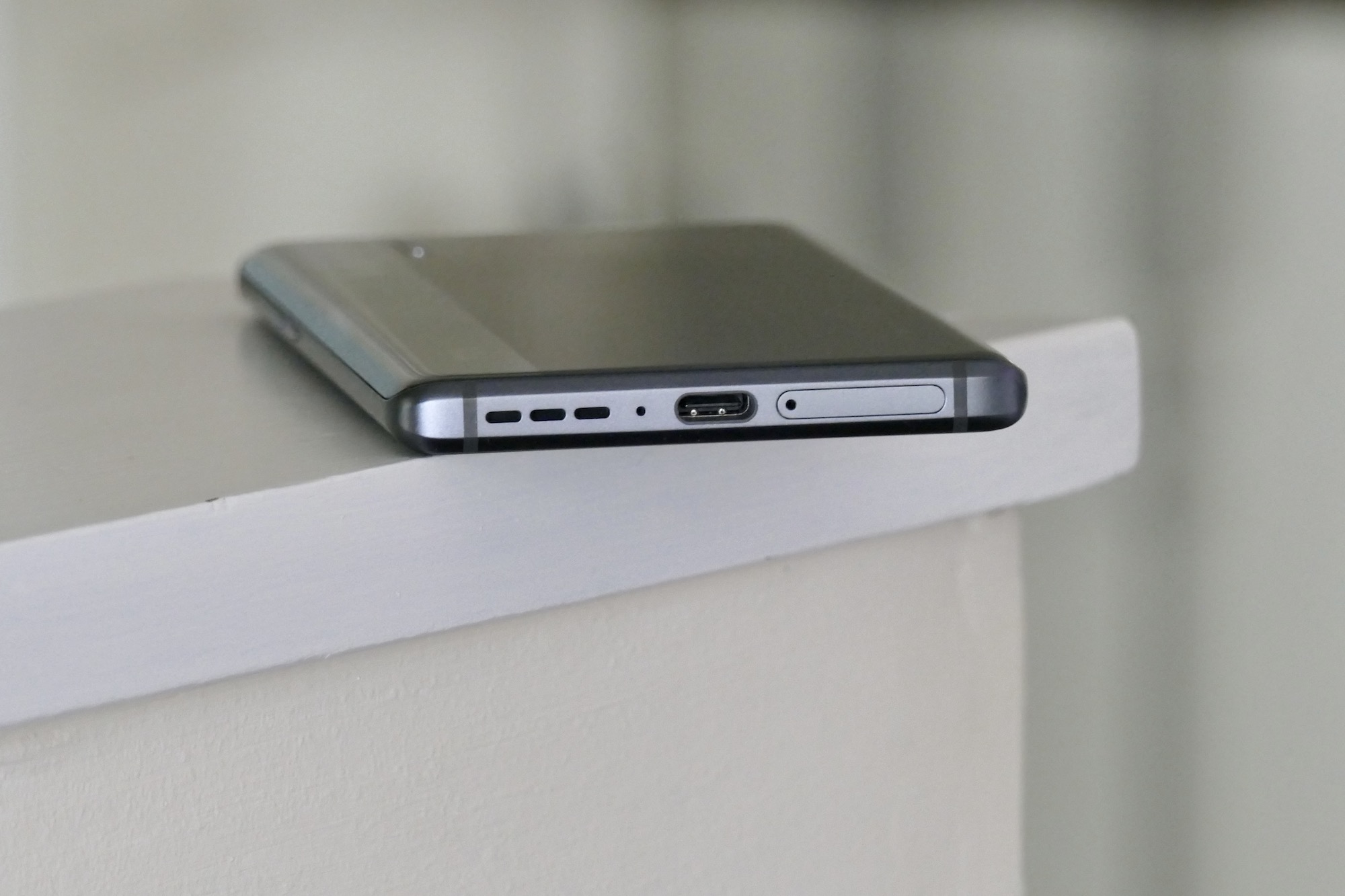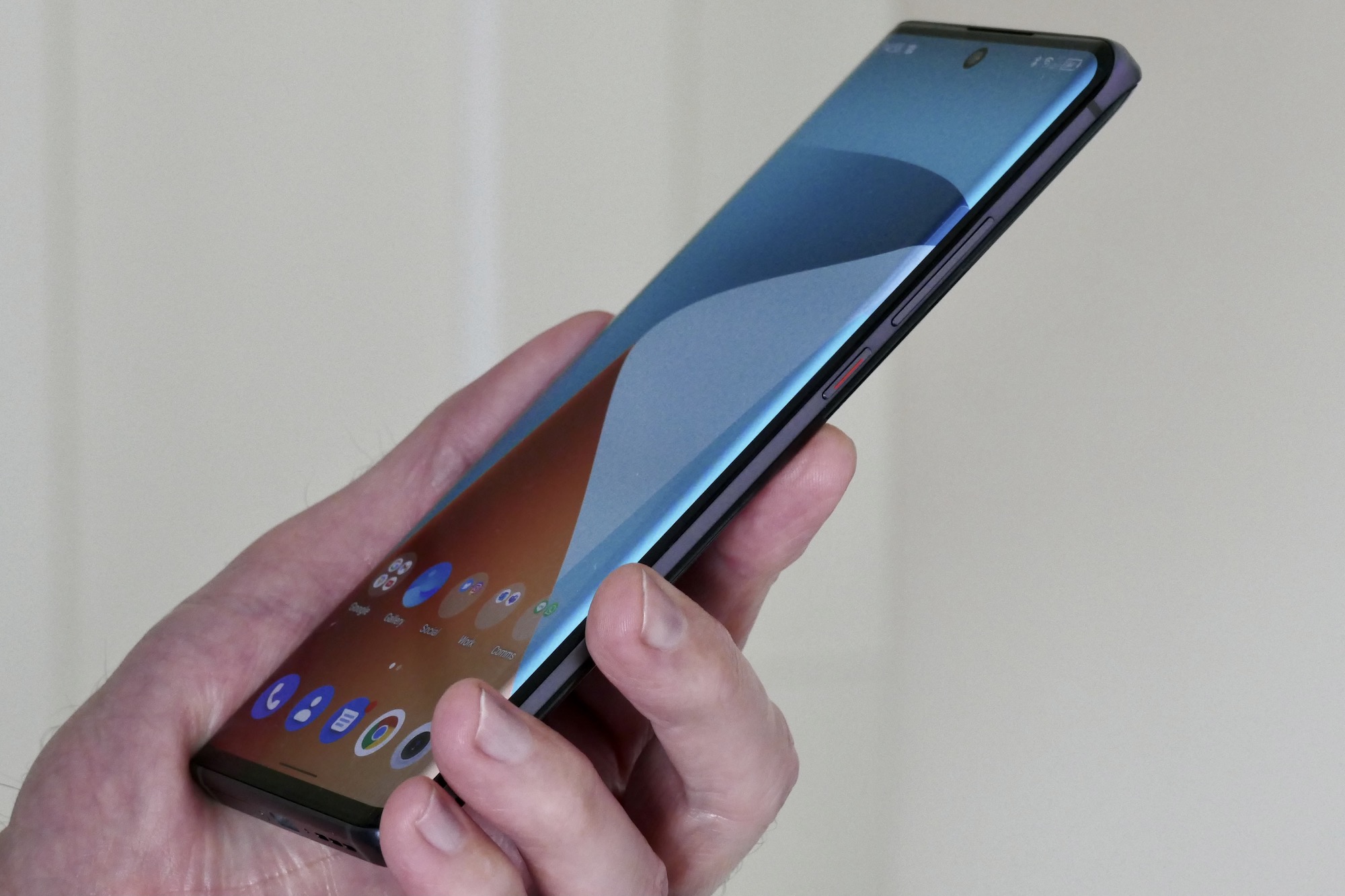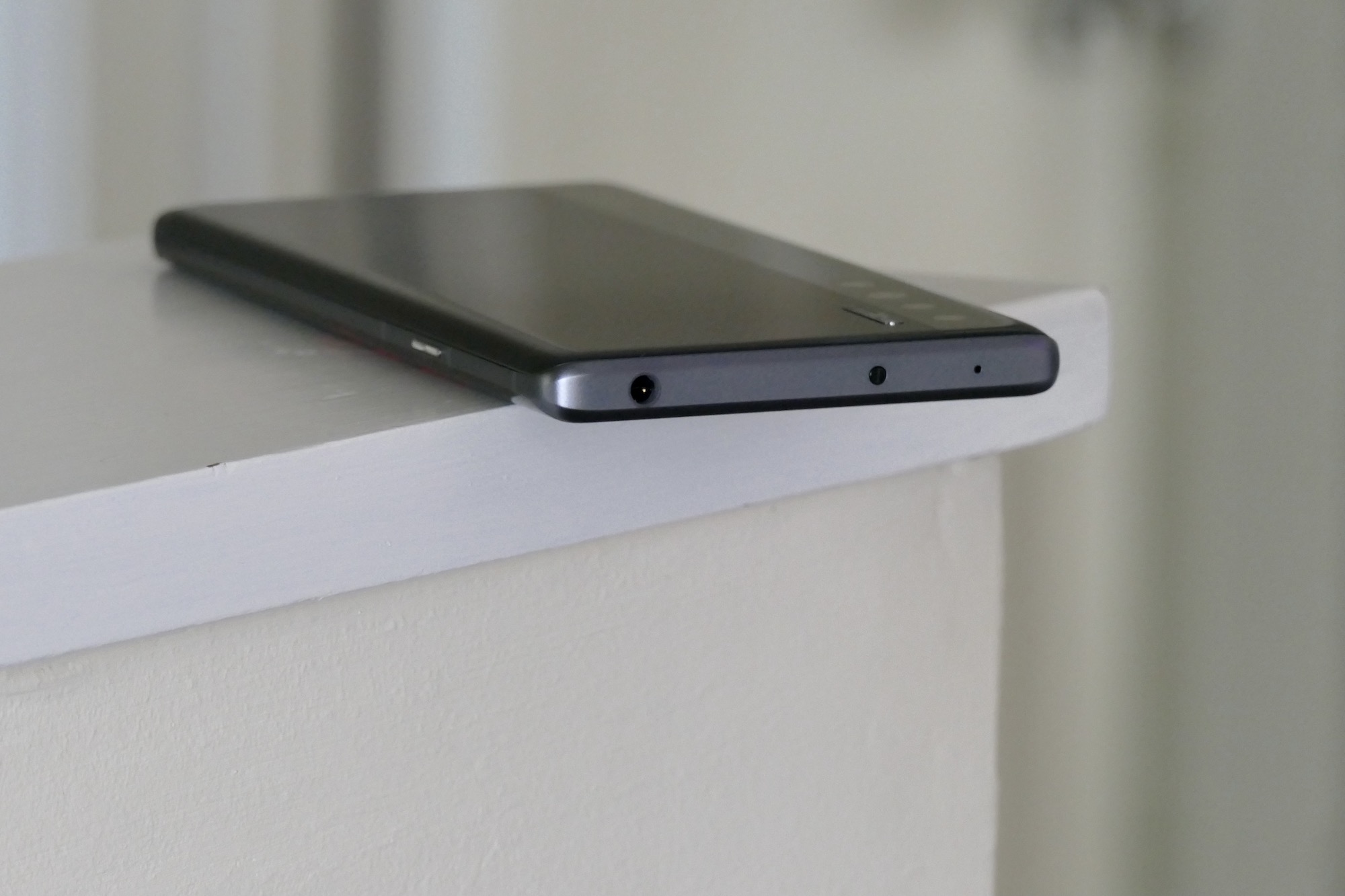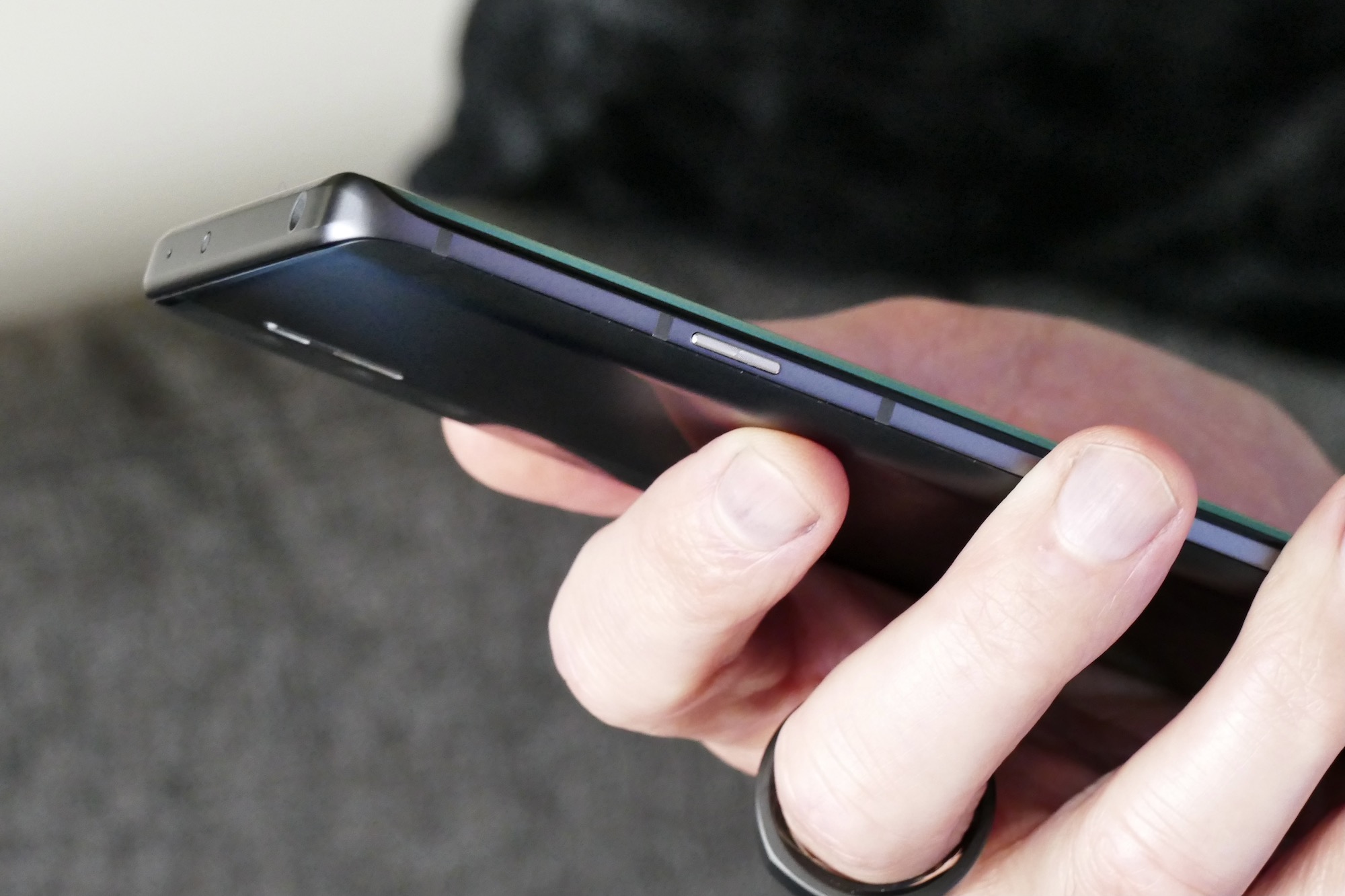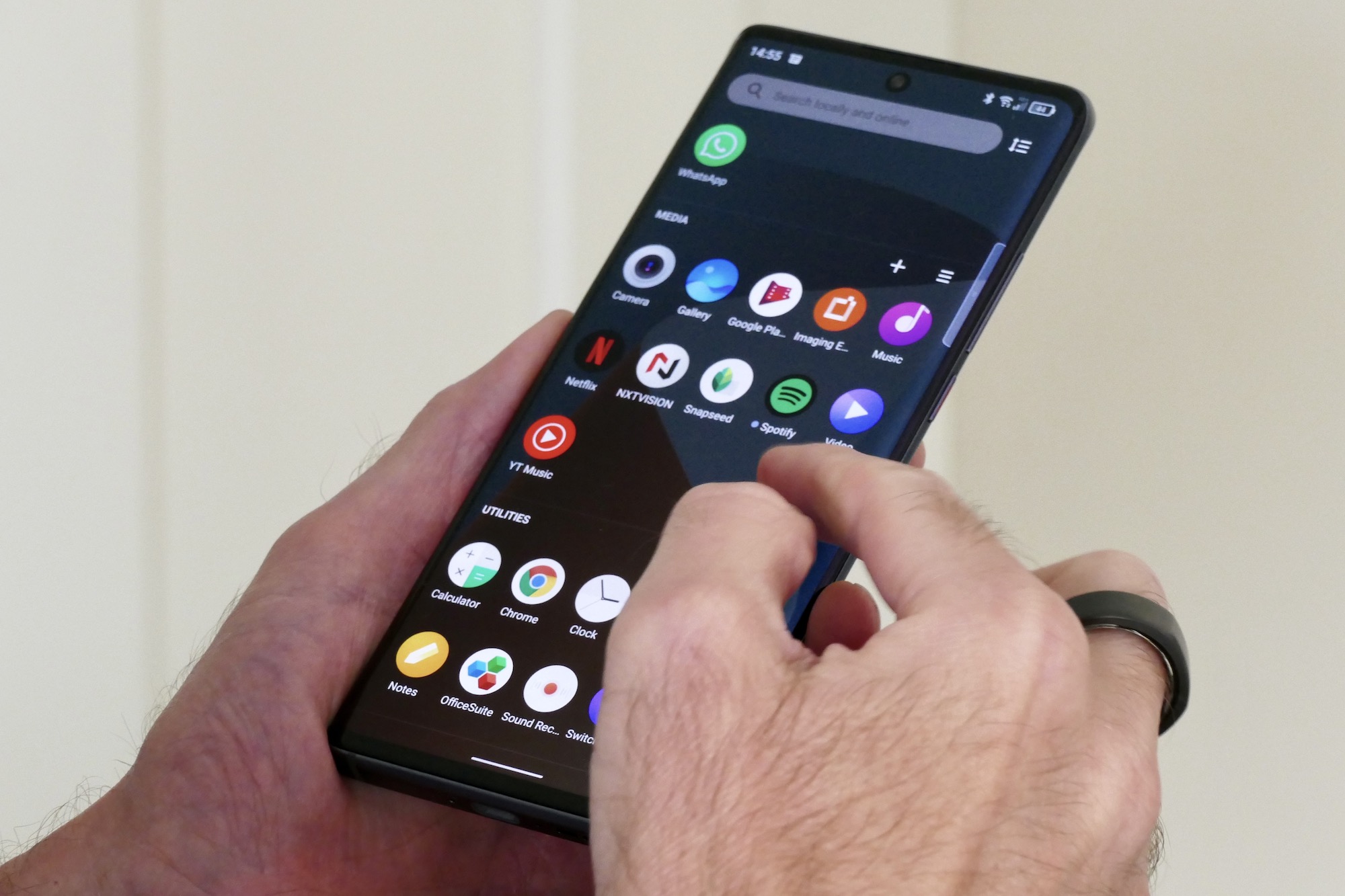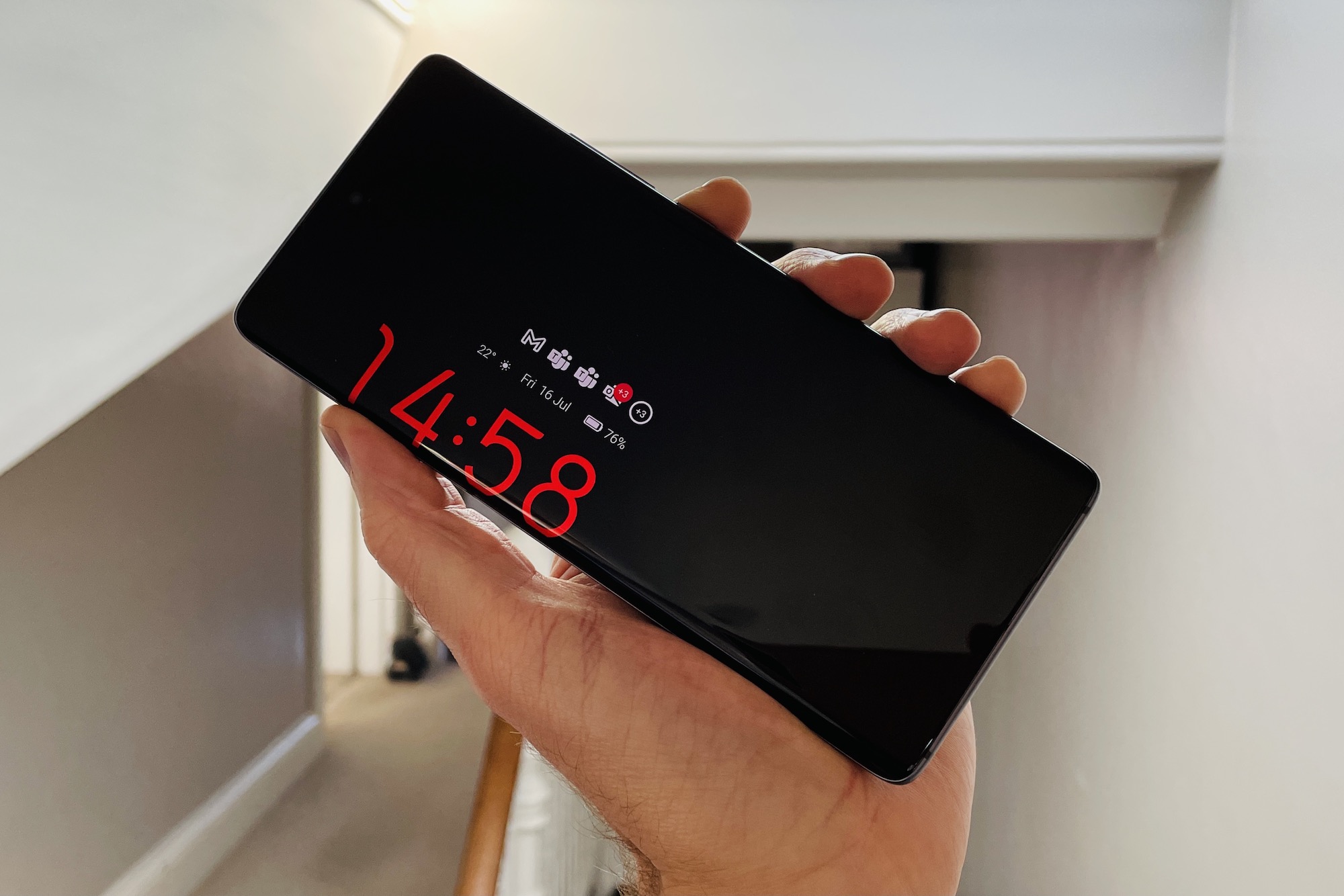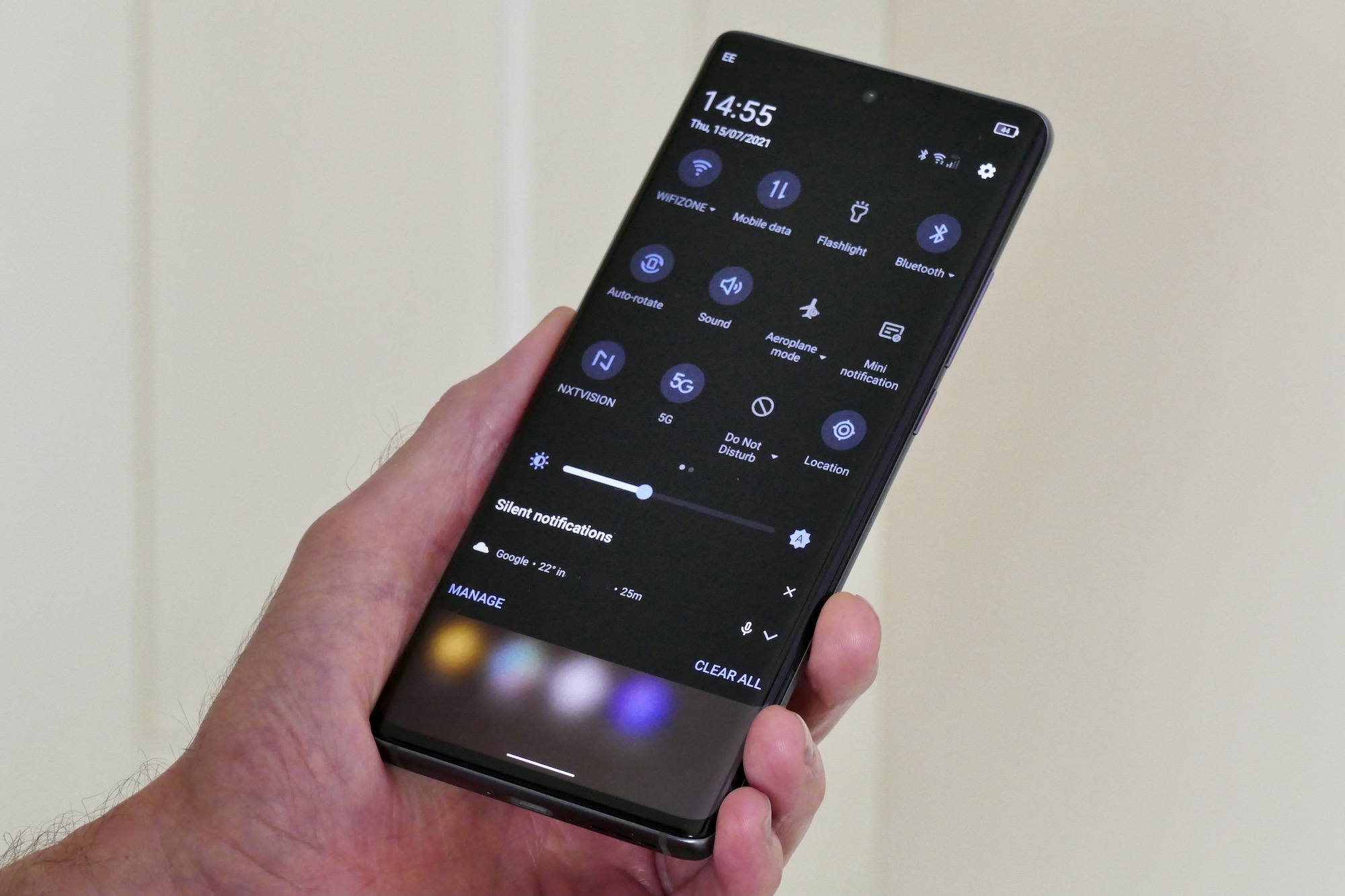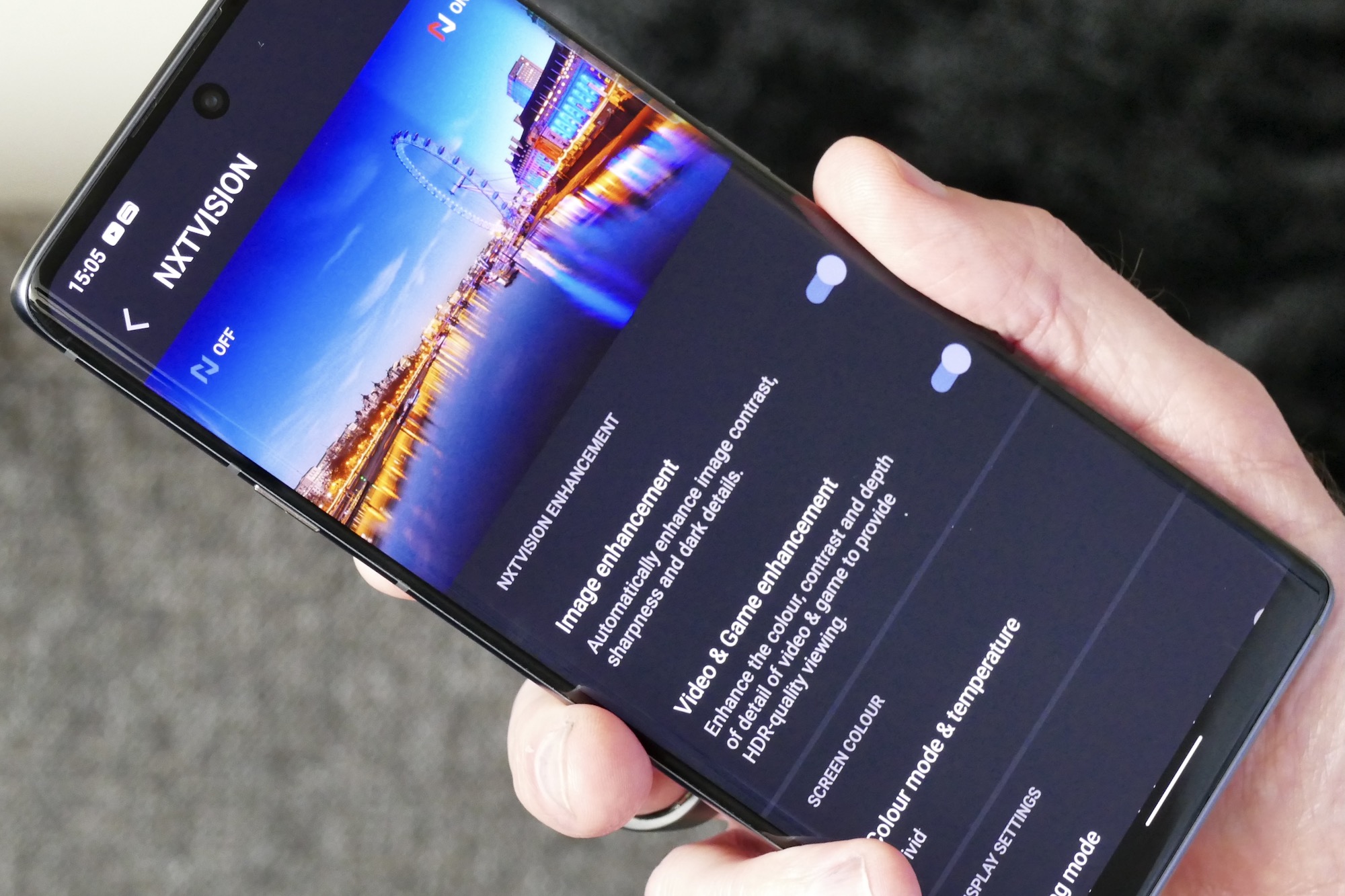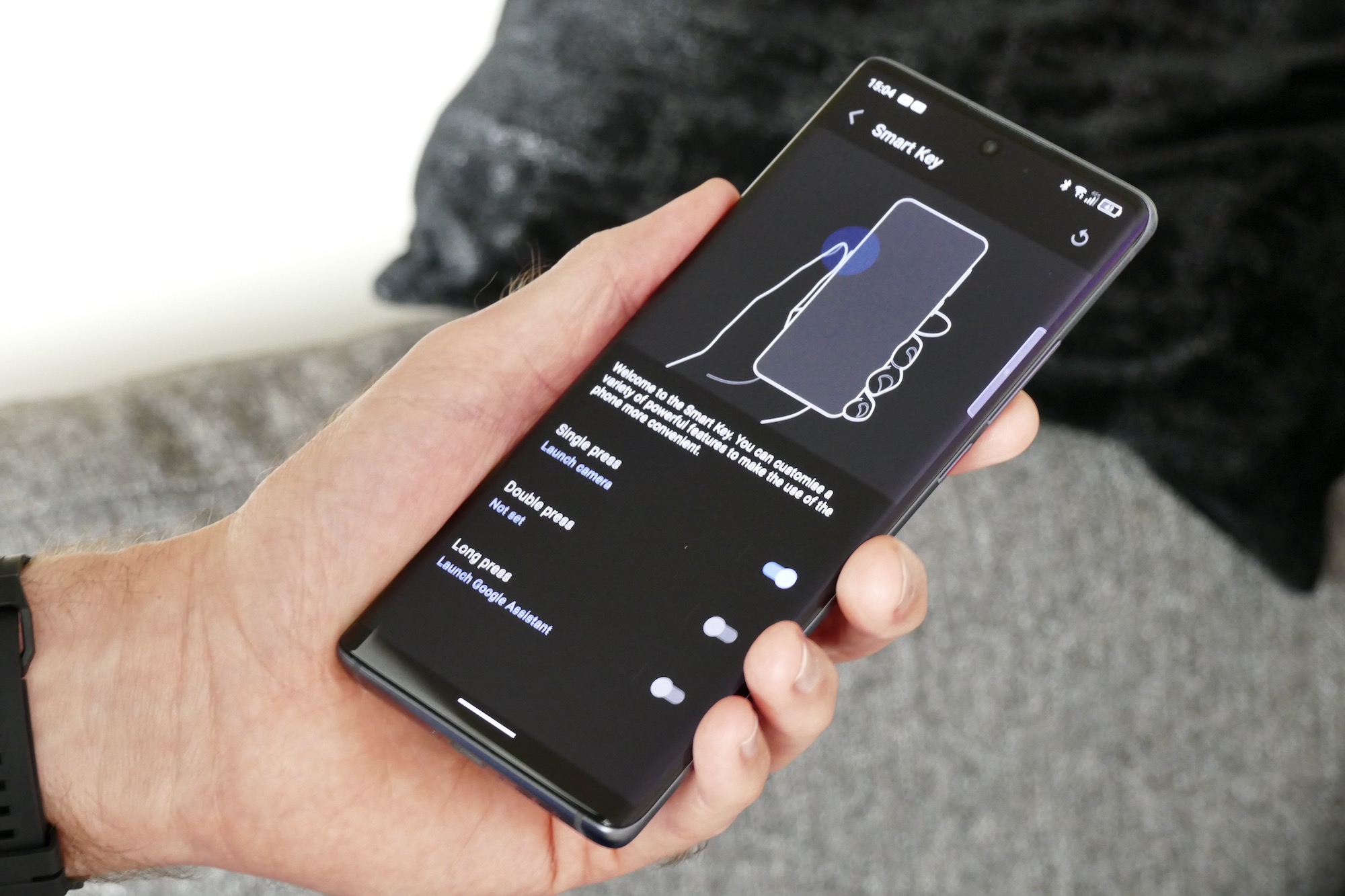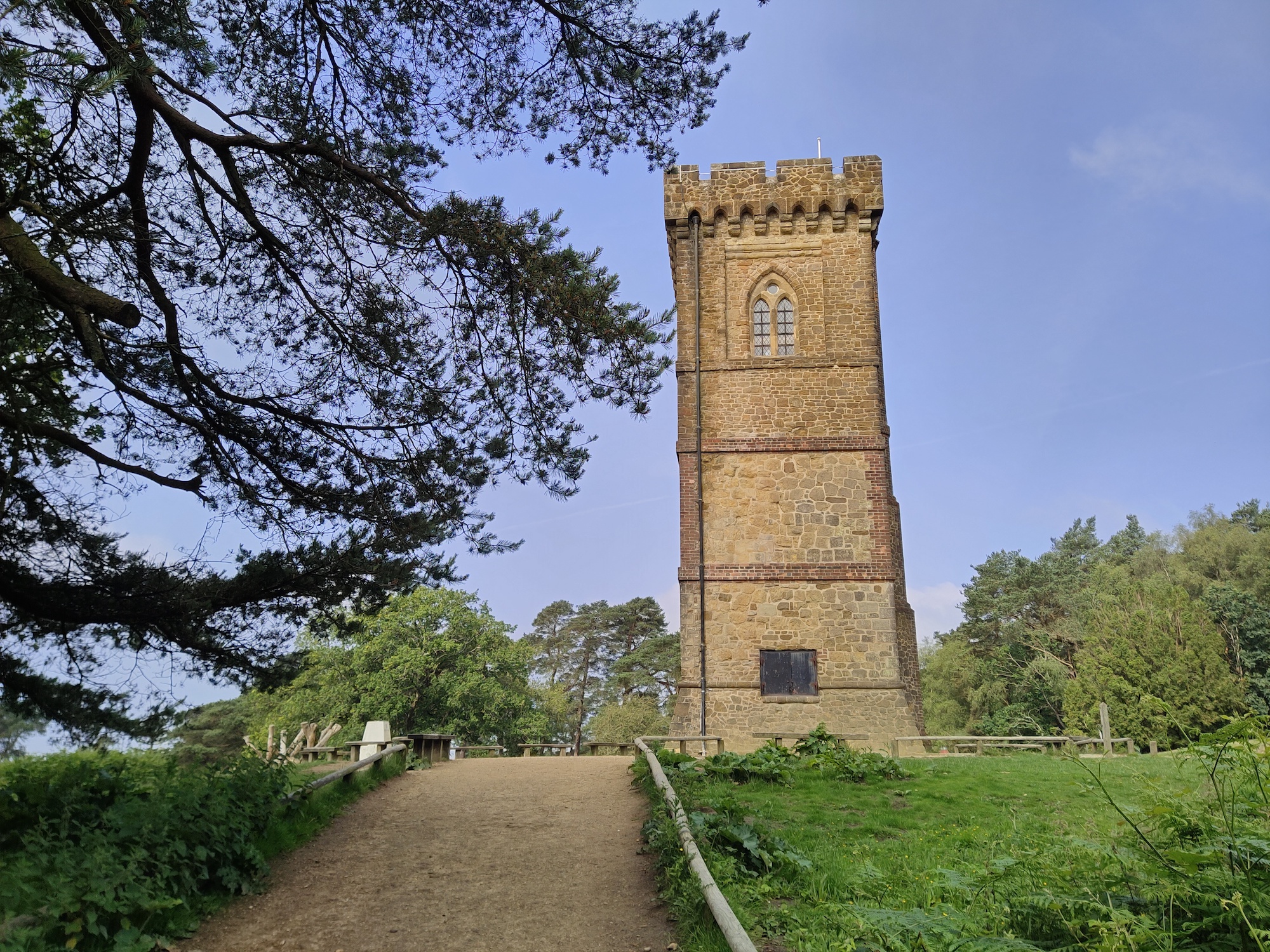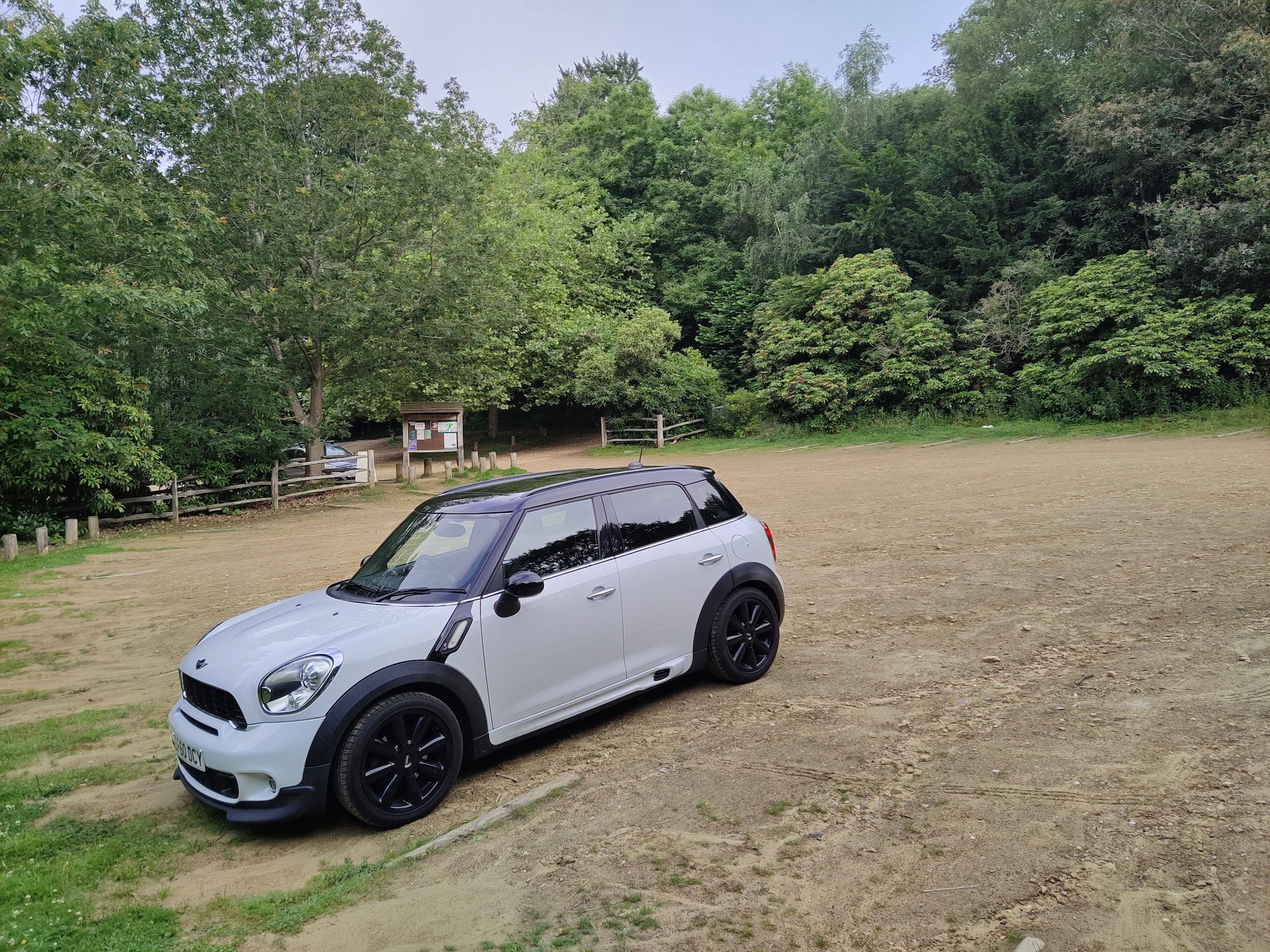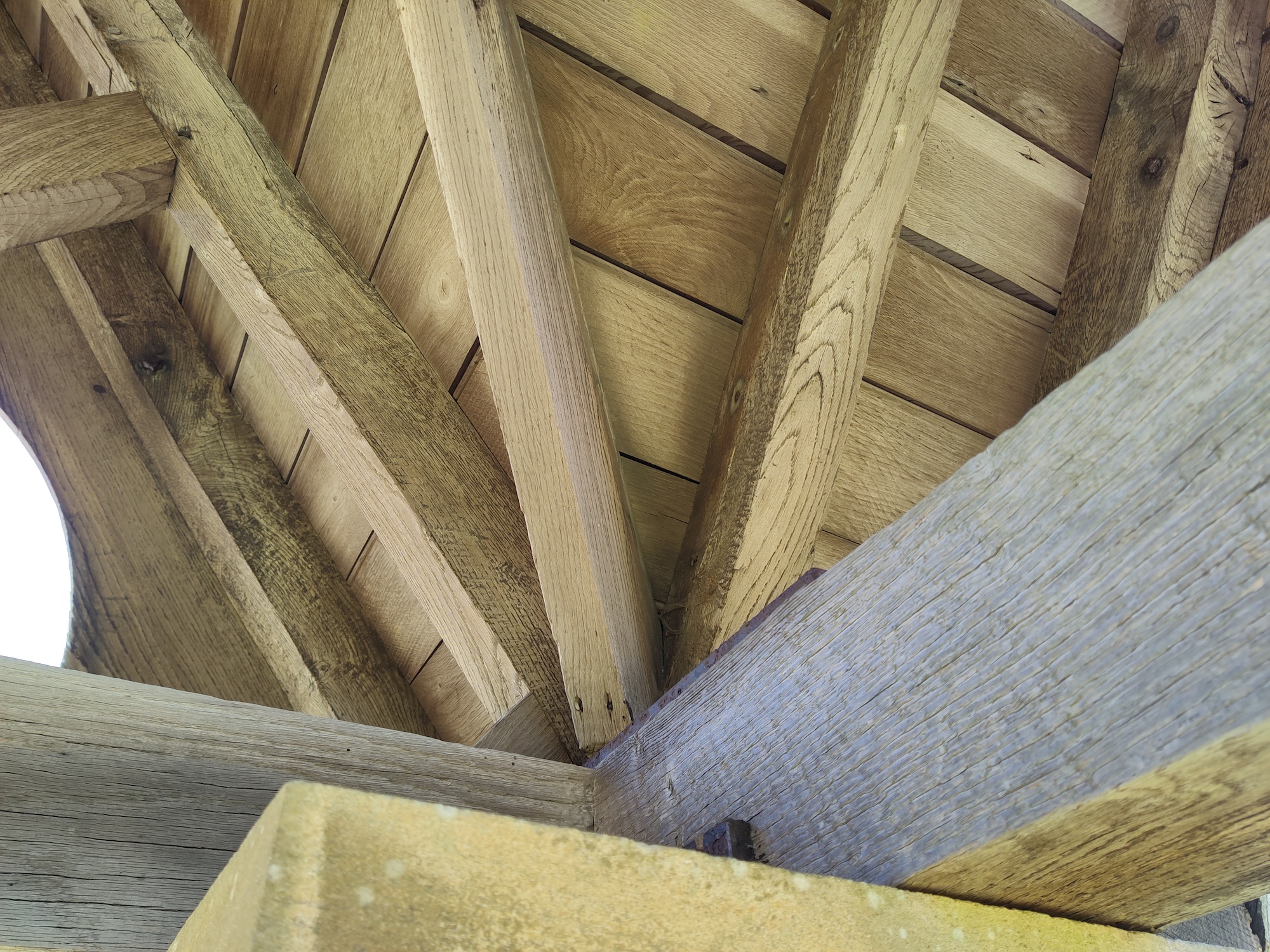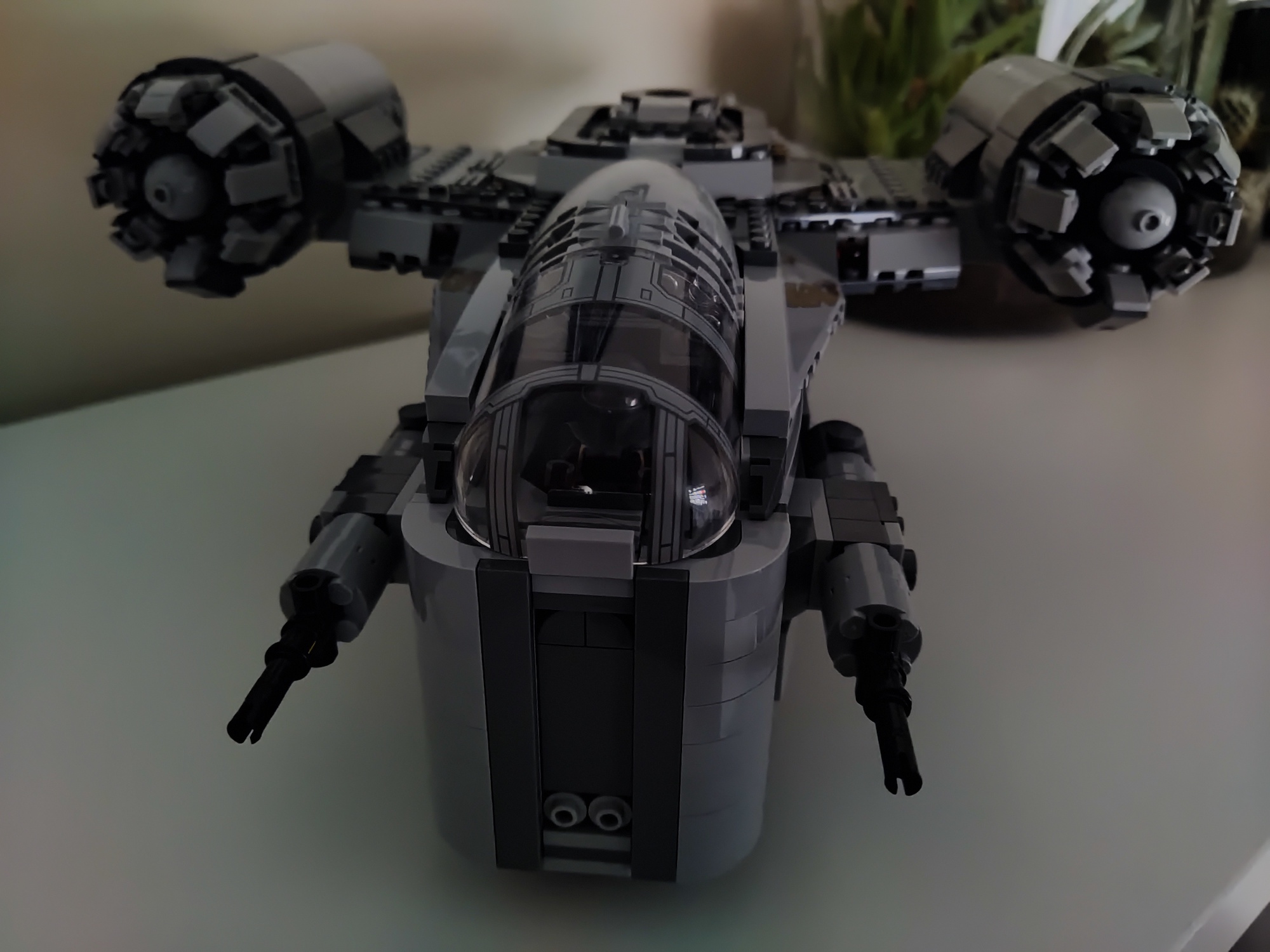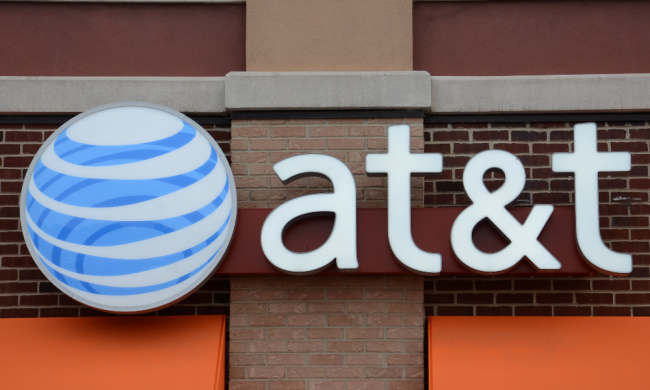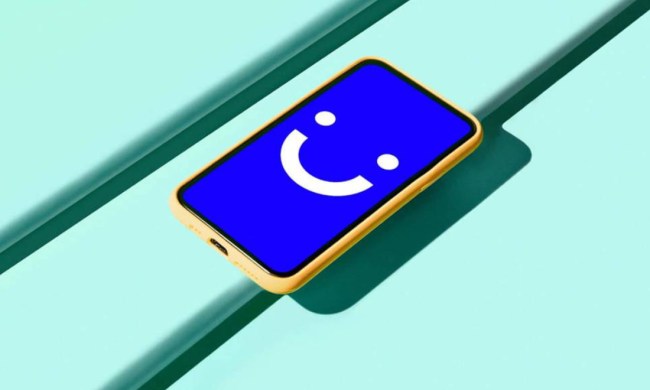“TCL's screen expertise shines through on the TCL 20 Pro 5G, but the rest of the phone -- from the camera to the software --doesn't meet the same standards, and it falls behind the competition.”
- Superb screen for video
- Good gaming performance
- Only 60Hz refresh rate
- Unreliable software
- No water resistance
The TCL 20 Pro 5G has been designed like a phone that would have topped a manufacturers’ range a few years ago, and probably cost four figures at the time. While the 20 Pro 5G also sits at the top of TCL’s growing smartphone line-up, it only costs $500.
This alone made me want to test it out, and the more recommendations we can make at this price, the better. However, my weeks with the TCL 20 Pro 5G turned out to be a rollercoaster ride with a shaky start and continued ups and downs, but it did redeem itself enough for me to test it out. The question is, did it manage to do so fully? Here’s what it’s like.
Design
The TCL 20 Pro 5G is most definitely a slice of smartphone nostalgia, in that we’ve seen phones that look like this before. It’s 8.8mm thin and tapers down to a relatively sharp point on either side of the slim, 20:9 aspect ratio screen. A polished section on the matte black glass rear panel gives it some character, repeating a design we’ve seen before on the Huawei P30 Pro, but here the camera lenses are flush with the body.

It’s reminiscent not just of Huawei’s phone, but also older devices like the OnePlus 7 Pro, the Oppo Find X2 Pro, and various Samsung Galaxy phones including the Galaxy S8. While the design is very pretty and the width makes it easy to hold and use with one hand, it comes with the same issues those phones did a few years ago — it’s delicate, it slides off absolutely everything, and the sides make it uncomfortable to grip. At 190 grams, it’s lighter than many modern large phones though.
There is a transparent TPU case included in the box, and I did feel the need to use it due to the phone’s sharp sides and slipperiness. A 3.5mm headphone jack is a welcome addition, there’s a USB Type-C charging port on the bottom of the phone, and a single speaker too. The power and volume buttons are thin slivers of metal, plus there’s a Smart Key on the left-hand side of the phone which can be customized to perform actions like wake Google Assistant, activate the camera, take a screenshot, or be disabled entirely. I was forced to disable it, as I almost always pressed the button by accident during normal use.
It’s hard not to view the TCL 20 Pro 5G as “old” when you put it alongside the Samsung Galaxy S21+, as it highlights how design has changed since the time when the 20 Pro 5G would have looked fresh. The Samsung phone is around the same size and weight but is vastly more comfortable to hold, less slippery, and arguably more stylish too. Is old a bad thing? No, the TCL 20 Pro 5G is very pretty indeed, but it’s slightly frustrating that TCL didn’t manage to avoid the pitfalls of similar phones when using the design in 2021.
Software
My initial experience with the TCL 20 Pro 5G was unlike any other phone. I set all review phones up from scratch with my primary SIM, but the first time I did so with the 20 Pro 5G it was a disaster. I had problems with the screen recognizing taps, the auto-brightness wouldn’t work, I received almost no notifications, and had very poor battery life. It was so bad I reset the phone and tried again, but nothing changed so I stopped using it, and checked with TCL regarding any incoming software updates.
I reset the phone for a third time after waiting, but not hearing any news on any software updates, and bizarrely the phone has operated far better since then. I have not applied any software updates outside of the reset/setup process. I test a lot of phones and have never come across this before. I note it because if you buy a TCL 20 Pro 5G and find it doesn’t work properly, a few resets may cure it.
My initial experience with the TCL 20 Pro 5G was unlike any other phone
The phone has Android 11 with the TCL v3.0 user interface over the top, which is relatively fuss-free, and close to the vanilla Android experience you get on the Google Pixel series. However, the organization of apps in the App Drawer is set to Category by default, which I find less intuitive than alphabetical, and there are various pre-installed apps plus shortcut icons to services like setting up the Smart Key, locking the screen, and accessing TCL’s support pages.
Notifications are more reliable than when I first started, but the phone does have a tendency to simply stop showing them on the lock screen and only starting again when you unlock the phone. I’ve also experienced some odd app instability, with Outlook refusing to work with a cellular connection, but seemingly fine when connected to Wi-Fi.

Edge detection is not as good as it should be. I still sometimes accidentally flip from one app to another when swipe typing, for example. On the positive side, the system is fast, and I really like the various always-on screen designs, in particular the one with the time shown in red down the side of the display. It’s so clear and legible, even at a distance. Although the TCL 20 Pro 5G now works to the point where I can use it on a daily basis, it still has its problems, which combined with my early experience doesn’t give me much confidence in it.
Screen and performance
The TCL 20 Pro 5G has a 6.67-inch, Full HD resolution AMOLED screen with HDR10 certification, but only a 60Hz refresh rate. Inside is a Qualcomm Snapdragon 750G processor with 6GB of RAM and 256GB of storage space. TCL is a screen expert, and we rate its televisions highly, so I had similarly lofty expectations for the one fitted to the 20 Pro 5G phone.

The phone’s screen doesn’t disappoint. TCL’s NXTVISION display engine enhances colors and contrast very effectively. I put it alongside the Samsung Galaxy S21+, a phone that costs twice as much with a display I think looks fantastic, and the TCL 20 Pro 5G improves on it. Watching Carfection’s look at the Singer Porsche 911 DLS, the colors are richer and more vibrant, and the shadows dark yet still detail-filled. It’s really beautiful and compares very favorably with the iPhone 12 Pro’s wonderfully natural palette too.
That’s quite a feat for a $500 smartphone, so it’s a real shame TCL hasn’t chosen a screen with a 90Hz or higher refresh rate. This is a feature we’re seeing on even the cheapest phones available at the moment and is also found on the TCL 20 Pro’s main rival, the Samsung Galaxy A52 5G. I missed the lovely smooth scrolling when using Twitter or Chrome that a 90Hz refresh rate adds. The screen’s performance is also let down by the single speaker, which is easily covered by your hand, and unsurprisingly lacks depth and bass.

I’ve had no complaints about the speed provided by the Snapdragon 750G and have enjoyed gaming on the TCL 20 Pro 5G. I played both Asphalt 9: Legends and Genshin Impact and found the phone very comfortable to hold in landscape orientation. It also didn’t get hot, and games played smoothly. The screen’s lovely contrast and colors help make gaming one of the phone’s strengths.
The 4,500mAh battery will provide two days of moderate use, but it doesn’t like it when you push the phone even just a little harder, especially if you want to take advantage of the screen. The battery would be down to 20% by the end of day one after normal use plus an hour of gameplay, some YouTube, and a video call. Charging is with a supplied 18W charger, taking a slow two hours to fully charge the phone.
The phone’s screen doesn’t disappoint
It has a Sub-6 5G connection that will work with T-Mobile, but compatibility with AT&T will be limited to 4G LTE due to the bands the phone supports. The Wi-Fi connection has a shorter range than other phones but call quality has been good.
Camera
There are four cameras on the back of the TCL 20 Pro 5G. The main 48-megapixel camera has an f/1.8 aperture and optical image stabilization, and it’s backed up by a 16MP wide-angle camera, a 2MP depth camera, and a 5MP macro camera if you buy the phone in the U.S. Elsewhere, the macro camera has 2 megapixels. You can shoot 4K video at 30 frames per second and take selfies with the 32MP hole-punch camera at the top of the screen.

For general, everyday use, the camera is acceptable, but don’t expect it to rival the Google Pixel 4a or the Samsung Galaxy A52 5G, or to be especially inspired by it. What’s clear is that if you want to take a decent, shareable photo, you should stick to using the primary camera for stills. The problem is an inconsistency between the main and wide-angle camera, with the main staying neutral on colors and exposure, while the wide-angle camera over-saturates especially in less-than-ideal lighting conditions.
Low light shots indoors using the camera’s night mode are average and don’t expose much detail, the macro camera (the 2MP version here) is awkward to use because it doesn’t have autofocus, and even when you get the distance just right the photos are uninspiring. The 2x zoom setting in the camera app accesses a digital zoom, and videos look washed out in normal outdoor lighting.
Price and availability
You will pay $500 for the TCL 20 Pro 5G, and it can be purchased through Amazon. In the U.K. it costs 499 British pounds and is available through retailers including Argos. There are two color options, Marine Blue or Moondust Grey (seen in our photos), but only one storage option of 256GB is available.
Our take
This isn’t TCL’s first smartphone, yet it still feels like TCL hasn’t quite hit its stride yet. The screen is the best part of the phone, which is the company’s area of expertise, but the rest splits between positives and negatives. It gets the design and usability of the software right, but bugs and inconsistency throughout kill my confidence in it. The main camera takes good photos, but the wide-angle and video performance are far behind the competition.
The battery is fine with light use, but efficiency suffers when you use the phone more heavily, indicating it needs refinement. While I like the design of the phone overall, many will dislike the curved screen and its inaccurate touch recognition, and the sharp sides. This makes the TCL 20 Pro 5G hard to recommend, especially since there is strong competition around it at both higher and lower prices.
Is there a better alternative?
Yes. We recommend the $500 Samsung Galaxy A52 5G which has a 90Hz screen, a pretty design that’s more durable due to an IP water resistance rating, the same processor, an attractive screen, and longer software support. The $500 Google Pixel 4a 5G is another option with even better software and support, and a better camera.
If 5G isn’t a necessity you can spend less and still get a great phone. The $350 Google Pixel 4a is still a solid buy even if it is getting a little old, as is the far newer $420/299 pounds OnePlus Nord CE if you live outside the U.S., and if you want an Apple phone the $400 iPhone SE should also be a top consideration.
How long will it last?
TCL intends to deliver two Android version updates and two years of security updates to the 20 Pro 5G. This is adequate, but behind what Samsung offers on the Galaxy A52 5G, and behind Apple’s support for the iPhone series. The phone is made of glass and does not have an IP water resistance rating, so you’ll have to be careful with it. The software update schedule and lack of durability mean after two years you’ll probably be ready to upgrade.
Should you buy one?
No. While the TCL 20 Pro 5G’s screen impresses, the battery life isn’t very long, the charging is slow, it’s less durable than some of its rivals, and I have concerns over the reliability of the software.

